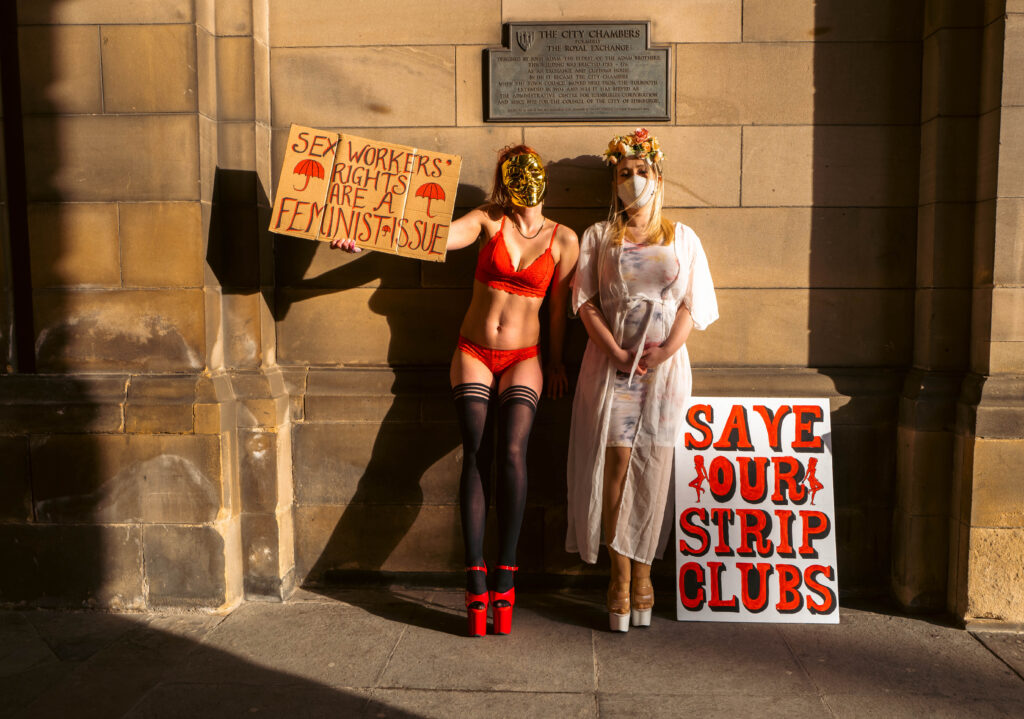


You can use your real name



If you are a dancer – we invite dancers from around the country to submit a response in support of our industry.


SWU suggests putting strongly agree for all points, but especially the city centre and late night economy areas. Please note it is especially important for dancer safety to keep to busier areas.

Luckily we have read through the policy for you and have picked out the most succulent points should you wish to respond directly to it. Please add your own thoughts as it will make your responses considerably stronger. The policy can be seen by clicking on the link that says ‘policy’ above the question.
RE: 1.5
RE: 3.3
RE: 4.4
RE: 4.12
RE: 6.1

